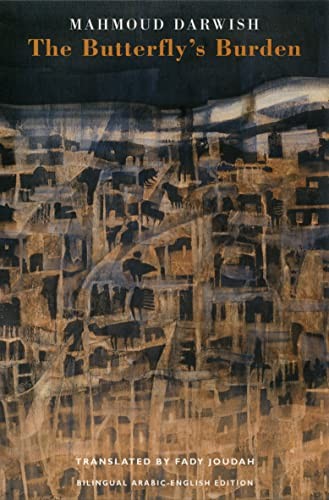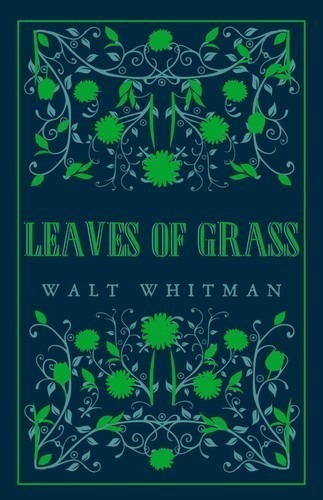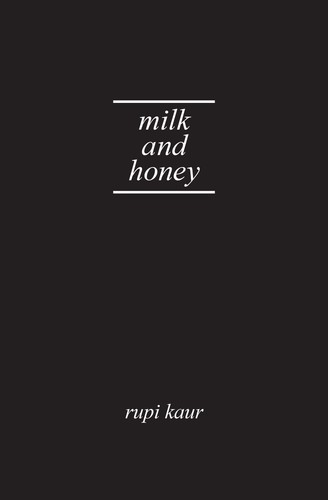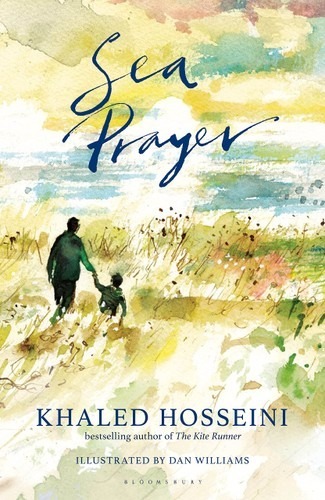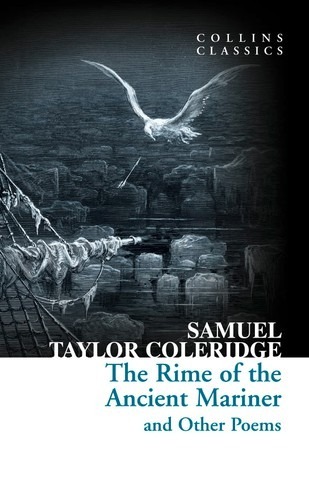The Butterfly’s Burden
4.600,00 د.ج
Mahmoud Darwish (1942-2008) was the poetic voice of the Palestinian people. One of the most acclaimed contemporary poets in the Arab world, he was also a prominent spokesman for human rights who has spent most of his life in exile. In his early work, the features of his beloved land – its flowers and birds, towns and waters – were an integral part of poems witnessing a string of political and humanitarian tragedies afflicting his people. In his most recent books, his writing stands at the border of earth and sky, reality and myth, poetry and prose. Returning to Palestine in 1996, he settled in Ramallah, where he surprised his huge following in the Arab world by writing a book of love, The Stranger’s Bed (1998), singing of love as a private exile, not about exile as a public love. A State of Siege (2002) was his response to the second Intifada, his testament not only to human suffering but to art under duress, art in transmutation. The 47 short lyrics of Don’t Apologise for What You’ve Done (2003) form a transfiguring incarnation or incantation of the poet after the carnage. The Butterfly’s Burden is a translation of these three recent books, and was awarded the Saif Ghobash-Banipal Prize for Arabic Literary Translation in 2008. Mahmoud Darwish died in Houston, Texas, in August 2008 from complications following heart surgery. Palestinian President Mahmoud Abbas immediately declared three days of national mourning to honour the great Arab writer. Winner of the Saif Ghobash-Banipal Prize for Arabic Literary Translation. Bilingual Arabic-English edition
Mahmoud Darwish (1942-2008) was the poetic voice of the Palestinian people. One of the most acclaimed contemporary poets in the Arab world, he was also a prominent spokesman for human rights who has spent most of his life in exile. In his early work, the features of his beloved land – its flowers and birds, towns and waters – were an integral part of poems witnessing a string of political and humanitarian tragedies afflicting his people. In his most recent books, his writing stands at the border of earth and sky, reality and myth, poetry and prose. Returning to Palestine in 1996, he settled in Ramallah, where he surprised his huge following in the Arab world by writing a book of love, The Stranger’s Bed (1998), singing of love as a private exile, not about exile as a public love. A State of Siege (2002) was his response to the second Intifada, his testament not only to human suffering but to art under duress, art in transmutation. The 47 short lyrics of Don’t Apologise for What You’ve Done (2003) form a transfiguring incarnation or incantation of the poet after the carnage. The Butterfly’s Burden is a translation of these three recent books, and was awarded the Saif Ghobash-Banipal Prize for Arabic Literary Translation in 2008. Mahmoud Darwish died in Houston, Texas, in August 2008 from complications following heart surgery. Palestinian President Mahmoud Abbas immediately declared three days of national mourning to honour the great Arab writer. Winner of the Saif Ghobash-Banipal Prize for Arabic Literary Translation. Bilingual Arabic-English edition
| Editeur |
|---|
Produits similaires
Leaves of Grass
Famously written in free verse and brimming with sensuous imagery and an unbridled love of nature and life in all its forms, and containing celebrated poems such as the ebullient 'Song of Myself' – described by Jay Parini as the greatest American poem ever written – and the elegiac 'When Lilacs Last in the Dooryard Bloom'd', Leaves of Grass is not only the finest achievement of a highly unique poet, but a founding text for American literature and modern poetry.
Considered one of the most influential poets in American literature and a pioneer of free verse, Walt Whitman (1819–92) was also a prolific writer of essays and articles. Controversial in its time, his sprawling collection Leaves of Grass is regarded as his magnum opus.
Love Is a Dog from Hell
A book that captures the Dirty Old Man of American letters at his fiercest and most vulnerable, on a subject that hits home with all of us. Charles Bukowski was a man of intense emotions, someone an editor once called a “passionate madman.” Alternating between tough and gentle, sensitive and gritty, Bukowski lays bare the myriad facets of love—its selfishness and its narcissism, its randomness, its mystery and its misery, and, ultimately, its true joyfulness, endurance, and redemptive power.
"there is a loneliness in this world so great
that you can see it in the slow movement of
the hands of a clock."
Milk and Honey
“Rupi Kaur is the Writer of the Decade.” – The New Republic
A hardcover gift edition of milk and honey, the #1 New York Times bestselling poetry and prose collection by rupi kaur, which has sold over 3 million copies worldwide. milk and honey is a collection of poetry and prose about survival. About the experience of violence, abuse, love, loss, and femininity.
This clothbound edition features deckled edge paper, a woven ribbon marker, and a foreword written by the author. The book is divided into four chapters, and each chapter serves a different purpose. Deals with a different pain. Heals a different heartache. milk and honey takes readers through a journey of the most bitter moments in life and finds sweetness in them because there is sweetness everywhere if you are just willing to look.
Milk and Honey
“Rupi Kaur is the Writer of the Decade.” – The New Republic
#1 New York Times bestseller milk and honey is a collection of poetry and prose about survival. About the experience of violence, abuse, love, loss, and femininity.
The book is divided into four chapters, and each chapter serves a different purpose. Deals with a different pain. Heals a different heartache. milk and honey takes readers through a journey of the most bitter moments in life and finds sweetness in them because there is sweetness everywhere if you are just willing to look.
Rifqa
Sea Prayer: The Sunday Times and New York Times Bestseller
On a moonlit beach a father cradles his sleeping son as they wait for dawn to break and a boat to arrive. He speaks to his boy of the long summers of his childhood, recalling his grandfather's house in Syria, the stirring of olive trees in the breeze, the bleating of his grandmother's goat, the clanking of her cooking pots. And he remembers, too, the bustling city of Homs with its crowded lanes, its mosque and grand souk, in the days before the sky spat bombs and they had to flee. When the sun rises they and those around them will gather their possessions and embark on a perilous sea journey in search of a new home.
Khaled Hosseini is one of the most widely read and beloved authors. His novels The Kite Runner, A Thousand Splendid Suns and And the Mountains Echoed have sold over 55 million copies all over the world. Hosseini is a Goodwill Ambassador for UNHCR, the UN Refugee Agency, and the founder of The Khaled Hosseini Foundation, a not-for-profit organisation which provides humanitarian assistance to the people of Afghanistan. He was born in Kabul, Afghanistan, and lives in northern California.
Dan Williams is a London-based artist whose illustrations accompanied an extract of A Thousand Splendid Suns in the Guardian when it was first published 15 years ago. His work has also appeared in National Geographic, Rolling Stone and the Wall Street Journal, amongst many other publications. dan-williams.
Sparks of Phoenix
As the phoenix emerges from its ashes, Zebian emerges ablaze in these pages, not only as a survivor of abuse, but as a teacher and healer for all those who have struggled to understand, reclaim, and rise above a history of pain.
The book is divided into six chapters, and six stages of healing: Falling, Burning to Ashes, Sparks of Phoenix, Rising, Soaring, and finally, A New Chapter, which demonstrates a healthy response to new love as the result of authentic healing.
With her characteristic vulnerability, courage, and softness, Zebian seeks to empower those who have been made to feel ashamed, silenced, or afraid; she urges them, through gentle advice and personal revelation, to raise their voices, rise up, and soar.
The Rime of the Ancient Mariner and Other Poems (Collins Classics)
‘Instead of the cross, the Albatross
About my neck was hung’
When an albatross leads a stricken ship out of treacherous ice, a hapless mariner shoots the bird, arousing the wrath of spirits who pursue the ship. Haunted by Death, the crew begin to perish one by one, until only the cursed mariner remains to confront his guilt. As penance for his actions he is condemned to wander the earth, telling his tale to those he meets as a warning.
The Rime of the Ancient Mariner is Samuel Taylor Coleridge’s longest major poem and marks the beginning of the romantic movement in British literature. This edition also includes many of Coleridge’s other works, including Kubla Khan, Christabel and a selection of the ‘conversation’ poems.

